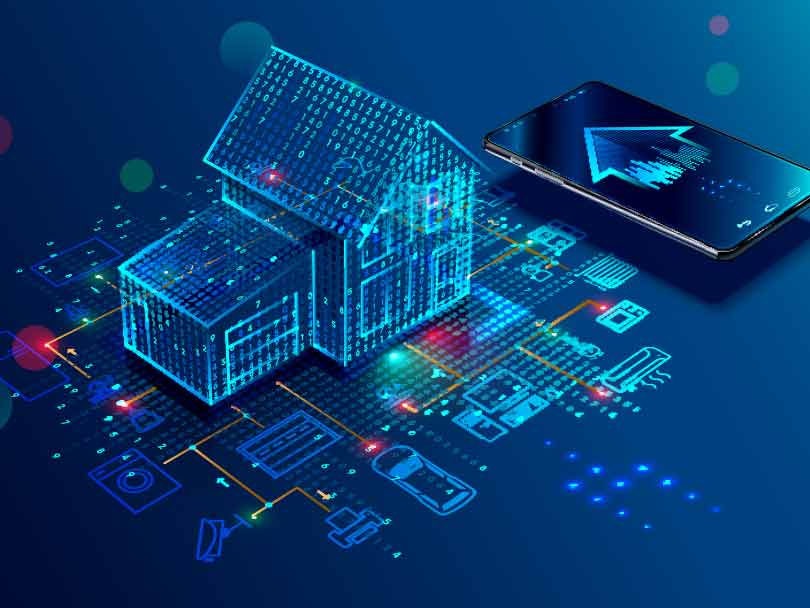By Paul Wesslund
Computer hacking is a top news story these days, and for years electric cooperatives have focused on blocking cyber threats from interfering with the nationwide electric grid of wires and poles that keeps our lights on.
The network of power lines, transformers and substations adds up to an incredibly complex system that reliably brings us the conveniences of modern life. That network is transforming into a “smart grid” these days. It’s adding renewable energy sources such as solar and wind, which call for sophisticated software to keep power flowing at night or when the wind isn’t blowing. Computer algorithms react with the most efficient and reliable operations when forecasts call for storms, wildfires or times of high-power use.
Making such modern miracles happen means joining with another dominant part of today’s world: the internet.
The blink-of-an-eye speed of balancing the generation of electricity with your flip of a light switch relies heavily on the electronically-connected world. The internet is incredibly useful, but also a target of troublemakers — from lone, self-taught experts to international crime rings.
Electric utilities know this and work every day through their own offices and national organizations on cyber safety.
You can take smart steps too, to protect yourself and the electric grid. Because the power grid uses the internet, that means any of your internet-connected devices are also part of the grid: computers, security cameras, printers, smart TVs, health monitors — even cars and lightbulbs can be connected to the internet.
Here are the top ways you can defend against hackers:
Lock the front door.
If you have wireless internet in your home, the traffic comes in through the router. If you take just one step, create a strong password for that router, and set a reminder to change the password regularly.
Use a secret code.
Weak passwords make things easier for hackers. Use combinations of uppercase and lowercase letters, combined with numbers and special symbols like “&” or “!”.
There are apps to help you remember passwords. A simple notebook can also work, as long as you never lose it and no one else has access to it. And be aware that every major internet-connected appliance comes with its own factory-installed password you should change right away.
Stay vigilant.
If you receive an email with an attachment you aren’t expecting, don’t open it. If you get a message with a link you didn’t know was coming, don’t click it. If the message is from a friend, phone and ask if they sent it — hackers can send messages using your friend’s address.
Stay state-of-the-art.
Your computer and other devices regularly offer updates — install them. They often contain security updates to protect against the latest cyber threat, so consistently check emails or messages saying you need to download an update. Go online and check any updates to your device to ensure they are authentic.
October is National Cybersecurity Awareness Month, and the U.S. Department of Homeland Security has titled this year’s theme, “If you connect it, protect it.” That’s good advice for your home — and for the electric grid.
Paul Wesslund writes on consumer and cooperative affairs for the National Rural Electric Cooperative Association.

